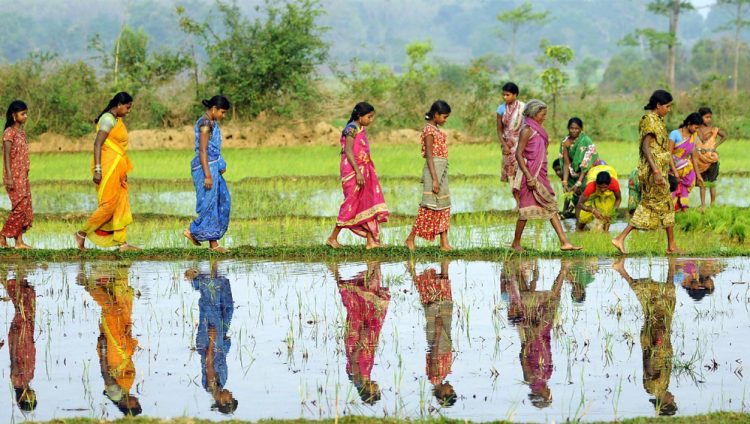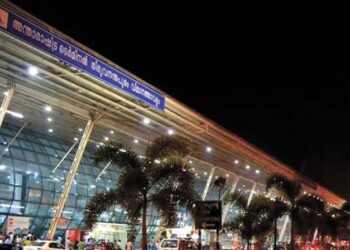New Delhi: India has been following a multi-pronged approach to increase the welfare of women workers. This include on one hand, setting up of strong and robust legislative framework for promoting equality at work; improving working conditions; providing social security and promoting work-family life balance. On the other hand special policies and schemes such as National Creche Scheme, Working Women Hostel, Mahila Shakti Kendra Scheme, providing collateral free loan under Mudra scheme, Ujjwala Scheme for curbing trafficking etc. are being implemented for promoting women entrepreneurship, employment generation, and providing safe working condition to women workers.
In order to promote employment and welfare of women workers, a number of protective provisions have been incorporated in various labour laws like Equal Remuneration Act, 1976 which provides for same wages for same and similar nature of work and prevents discrimination; Maternity Benefit Act, 1961 which provides for paid maternity leave for 26 weeks and mandatory creche facility in the establishments having 50 or more employees. Besides various protective provisions for women workers exists in various labour acts. The implementation of Central Labour Acts is done by both the Central and State Governments in their respective spheres.
Government is providing training to women workers through a network of Women Industrial Training Institutes, National Vocational Training Institutes and Regional Vocational Training Institutes.
Further special training programmes for women workers are also being conducted by DattopantThengadi National Board for Workers Education and Development (erstwhile Central Board of Workers Education) through which women workers are made aware about their rights, duties and various protective provisions under various labour legislations.













